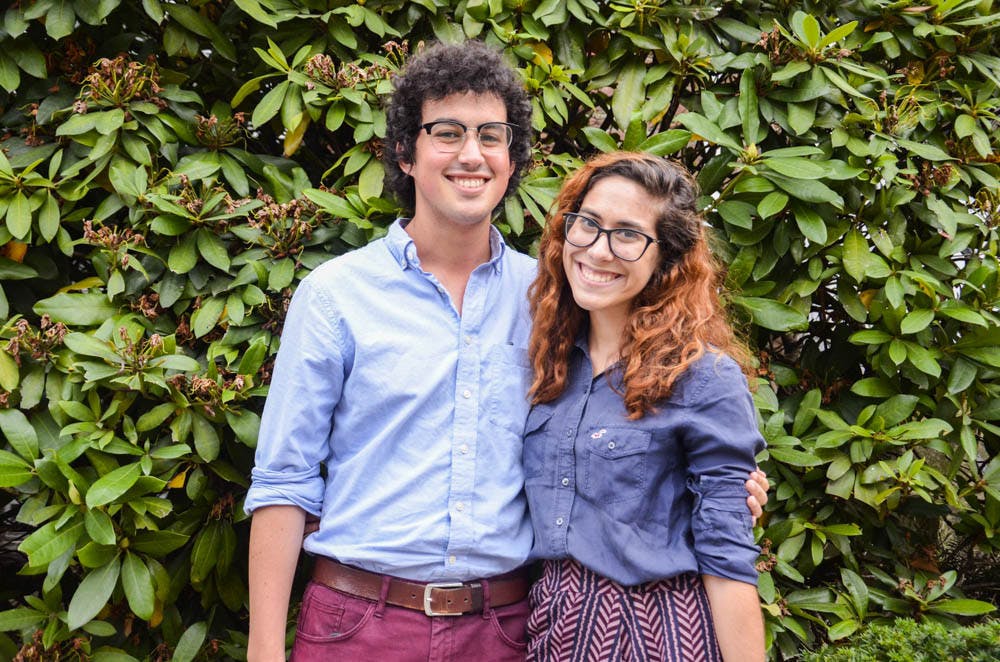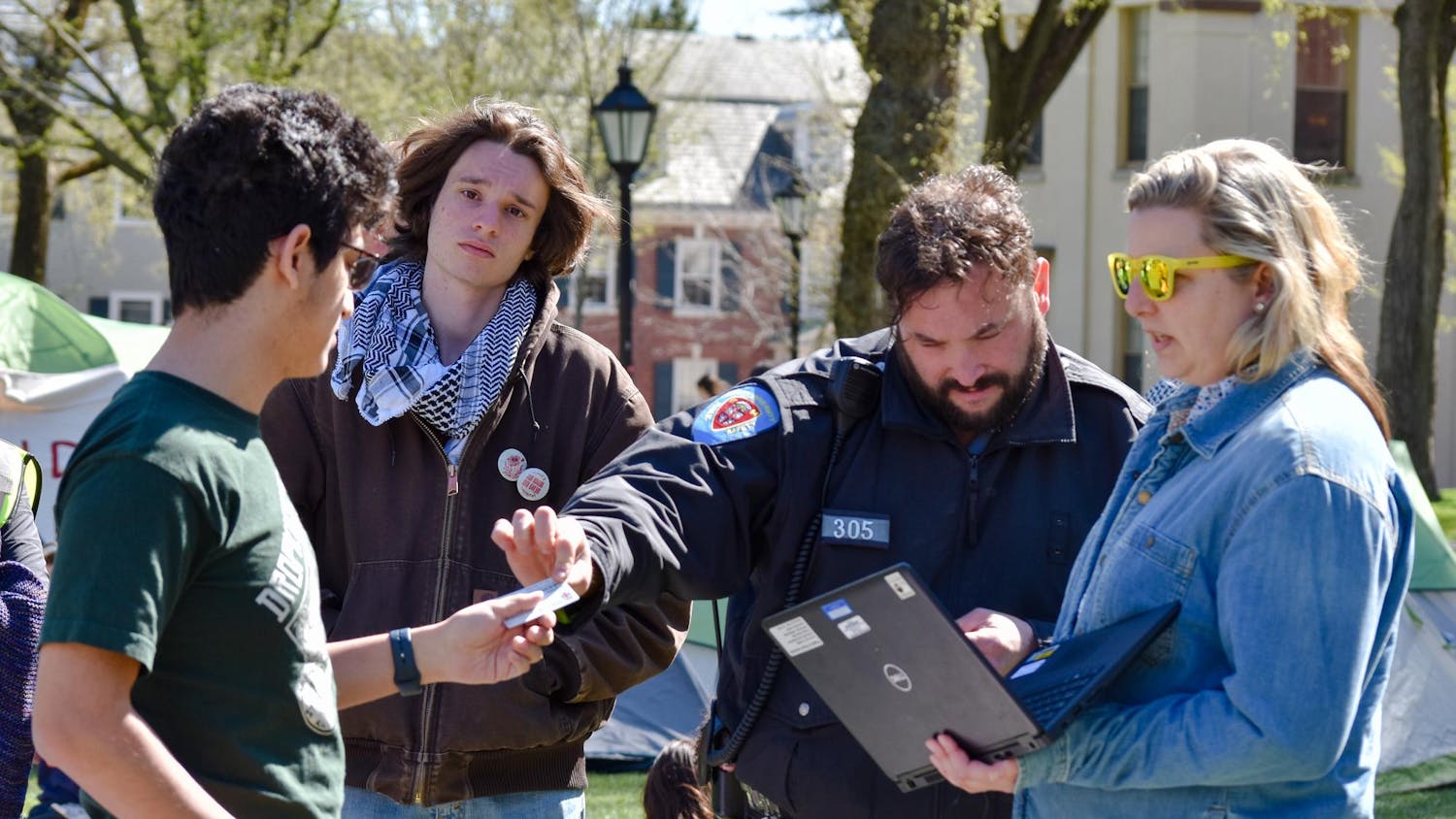In the wake of Hurricane María, the University has offered to enroll up to 50 students from the University of Puerto Rico for the fall semester, said Chief of Staff to the Provost Marisa Quinn. Tuition and fees, housing, transportation to the University and a meal plan are all covered for undergraduate and graduate students by the University, Quinn added. If needed, the students may stay through the spring semester.
The University will also offer positions to UPR faculty members as well as housing, she said.
“The University has a tradition of supporting communities that are affected by natural or manmade disasters,” Quinn said. The University similarly reached out to scholars affected by Hurricane Katrina and the earthquake in Haiti.
At least 15 students have already arrived at the University, including Jennifer Mojica and Fernando Norat. Ten more are set to arrive today, Quinn wrote in a follow-up email to The Herald.
The hurricane has left UPR, which has 11 campuses, in an even greater state of disrepair following significant budget cuts made last semester, Mojica said.
“I miss my friends. And I miss my family,” Mojica said. In Puerto Rico, she studied at the Mayagüez campus.
Her campus lacks significant educational infrastructure. Last spring, UPR campuses were rocked by strikes protesting funding cuts.
“We (haven’t had) a library since last semester when the strike happened,” Mojica said. “Now, we won’t have a library, because … the small part that was open got ruined. So how are we going to do research now? I don’t know.”
It is “looking very grim right now for the semester to be able to start normally” at UPR, Norat said.
The admissions office put out an application for UPR undergraduate students Oct. 11. In addition to the application, students must have a GPA of 3.0 or higher and be recommended by UPR, Quinn said.
Graduate students and faculty go through a nomination process, often with recommendations from Brown faculty members who know colleagues that have been displaced or are unable to continue their research in Puerto Rico, Quinn said.
Academically, the University has reached out to faculty members, asking them if they would “be able to offer special courses so that students can come and do some intensive, credit-bearing work towards their graduation requirements,”, Quinn said.
The Office of the Dean of the College is helping to create students’ schedules, wrote Deputy Dean of the College Christopher Dennis in an email to The Herald. Many faculty members have offered to work with the UPR students on independent study projects in the event that existing University courses do not line up with the students’ UPR courses, he wrote.
Housing on campus is limited, so the University is now largely providing housing through faculty who live near campus or on a bus line and have offered to host students in their homes, Quinn said. Alums are also supportive of the effort and have offered to finance student travel expenses, help with winter clothing costs and host students if necessary, she added.
Professor of Africana Studies and American Studies Matthew Guterl is hosting Mojica, his mentee from the University’s Leadership Alliance Summer Research-Early Identification Program — a research program targeted toward underrepresented groups. They kept in touch afterward, and, when the hurricane hit, he knew he wanted to host her.
“I’m really impressed with what this administration is doing and very grateful to them given how difficult it is to establish communication and work out individuated curricula for each of the students who are coming, get plane tickets (and) find places for people to say,” Guterl said. “But it’s also a reflection of a failed federal response on some level. And a more robust response from the U.S. government might have forestalled the need for these kinds of institutional responses.”
When the University first decided to bring in students several days after the hurricane hit, they reached out to Deepak Lamba-Nieves, a former postdoctoral researcher at the Watson Institute for International and Public Affairs who now works in Puerto Rico and teaches at UPR. When he first heard about the effort, he immediately began working to put the Provost’s Office in contact with administrators at UPR.
“Anybody who I knew was related to the education field … I was just telling about this offer and making sure that it got to somebody’s ear where they would be able to make it happen,” Lamba-Nieves said. “I was literally trying to find any contact and make sure that this offer would not just wither away in the vine.”
Eventually, Quinn got in contact with President of UPR Darrel Hillman and “the wheels started turning,” Lamba-Nieves said. Other institutions, like the Massachusetts Institute of Technology and the University of Houston, offered to accommodate students as well.
“I was telling everybody, look, just follow Brown’s lead,” Lamba-Nieves said. “I know that they’re organized, I know that they’re leading on this effort.”
Correction: A previous version of this article misspelled Deepak Lamba-Nieves' name. The Herald regrets the error.





